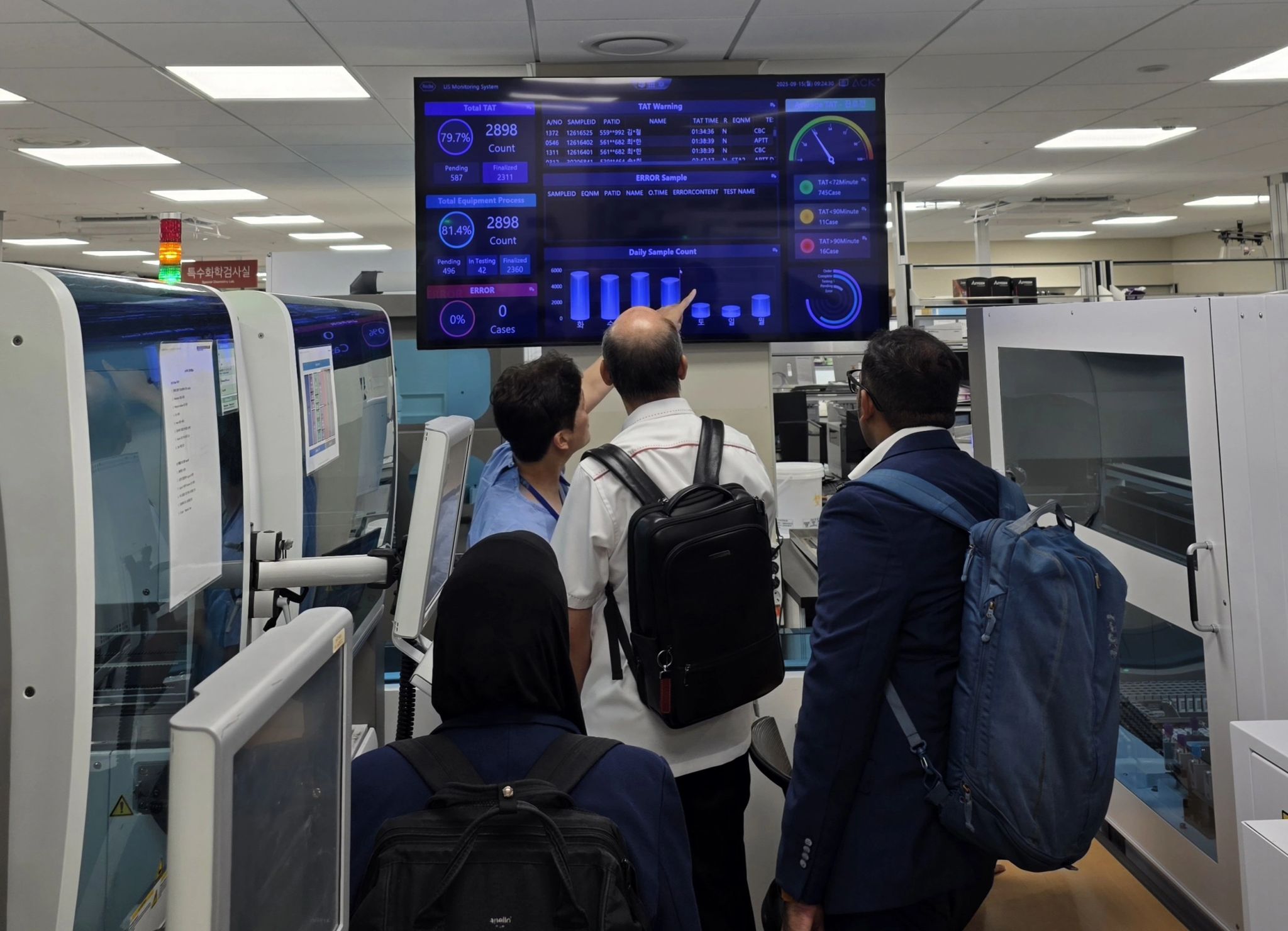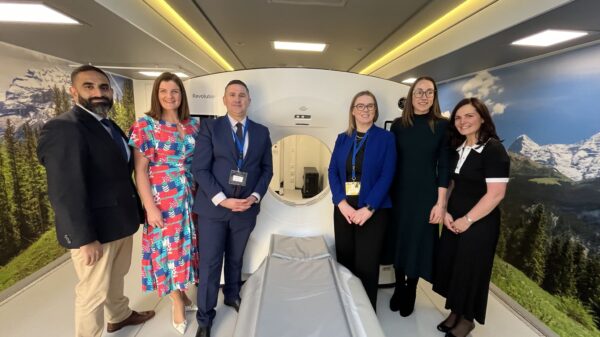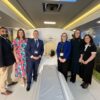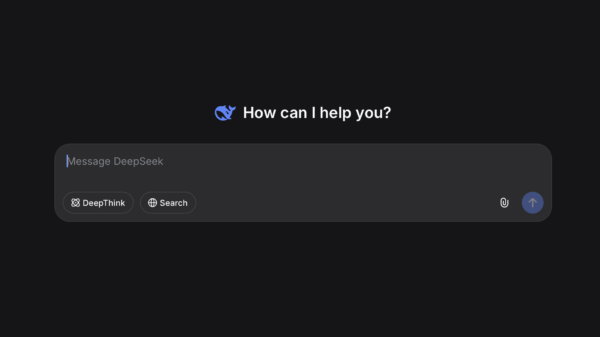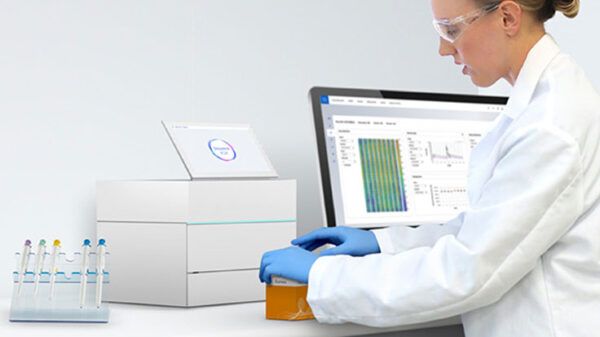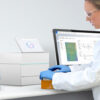The Samsung Electronics Co Ltd (KRX: 005930) Medical Center in Seoul has pioneered an artificial intelligence model with life saving potential.
The leading South Korean hospital has created a deep learning tool that can accurately predict the likelihood of lung cancer recurrence in patients post-surgery. It divides them into different risk categories and can determine the chances of the disease coming back up to one year in advance. The high-risk group has a 10 per cent chance of the condition returning, the intermediate cohort has 5 per cent and the low-risk group only has 1 per cent.
A study on the RADAR CARE (Real-time Risk-Adapted Surveillance Comprehensive Strategy AI Model for Early-Stage Non-Small Cell Lung Cancer) was published in late July and went under the radar until this month. The investigation analyzed data from over 14,000 subjects who had their procedures between 2008 and 2022.
“In this proof-of-concept study, the RADAR score successfully predicted disease recurrence 1 year in advance in patients with early-stage NSCLC who received surgical resection with curative intent,” the authors concluded.
They also claimed that previous attempts to achieve the same outcome were inferior due to the smaller datasets used by other researchers.
“Previous predictive model relied on static, single time point data and did not incorporate temporal or longitudinal information,” the investigators pointed out, adding that this distinction was what potentially made their tool more robust and clinically applicable for risk prediction.
Deep learning is a subset of machine learning AI that utilizes multi-layered neural networks to analyze large, diverse and complex data sets. It aims to mimic the complex decision making capabilities of the human brain.
Read more: Breath Diagnostics adopts state-of-the-art mass spectrometer device for lung screening
Limitations
The medical professionals say that despite the study’s strengths, it also has weaknesses.
“The model includes only CT imaging interpretation data from radiologists and not the original image data,” they explained.
Furthermore, the authors say the deep learning model needs to be evaluated more extensively using multi-centre and multinational data. In consideration, a follow up study is warranted, they determined.
The Samsung Medical Center employs over 1,200 doctors and completes approximately 160 complex surgeries every day. It is renowned for its Samsung Comprehensive Cancer Center, one of the largest in the country, and highly advanced oncology expertise.
The medical facility ranked 18th on Newsweek’s list of the World’s Best Smart Hospitals this year.
Read more: Breath Diagnostics tech achieves pneumonia prediction breakthrough in peer-reviewed study
Follow Rowan Dunne on LinkedIn
rowan@mugglehead.com

